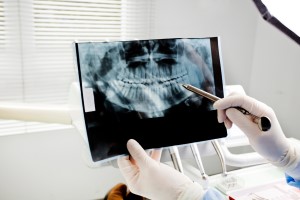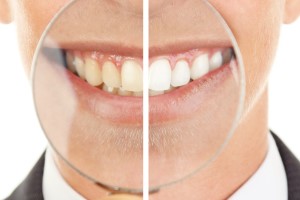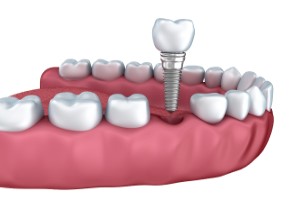Procedures When Dental Sedation Is Often Used

When a person suffers from dental phobia because of painful past experiences or anxiety about future visits, going to the dentist can become a real struggle without dental sedation. Dental sedation involves a combination of medications that can block pain and allow a person to relax during a variety of dental procedures. It allows people who are afraid of going to the dentist to take care of their oral health without the anxiety that sometimes comes with it.
Types of sedation
Some types of dental sedation are administered orally, while others may be given intravenously or through inhalation. Dental professionals are required to adhere to specific safety standards before administering any kind of sedation to ensure the safety of their patients. When scheduling their next dental appointment, patients are encouraged to ask a lot of questions about the procedure itself, as well as dental sedation options that may be beneficial, so that they feel comfortable with what will be taking place.
Common procedures using dental sedation
Dental sedation may be used for almost any dental procedure, depending on the needs of the patient. Patients with an extreme fear of dental procedures may benefit from some type of sedation at even the most routine checkups. Some may opt for sedation on only the most invasive procedures. Others simply request to be sedated during dental procedures in order to optimize their time in the dentist office so that it is easier to sit through multiple procedures performed on the same day. The most common dental procedures that may use dental sedation include the following:
General cleanings
General cleanings are often performed by a dental hygienist and involve removing plaque and tartar, polishing teeth, and performing x-rays. Most patients do not require dental sedation for general cleanings, but it can be a good option in unique circumstances.
Gum surgery
Gum surgery is used to stop periodontal gum disease from advancing by regenerating lost bone so that the area around the tooth is easier to clean and maintain. It is common to utilize some form of sedation during surgical procedures.
Bridges and implants
Bridges and implants are two techniques for inserting a false tooth where one is missing. Bridges are false teeth suspended between two crowns and cemented in place, while implants are false teeth that are attached to a metal post and then drilled into the jaw bone. Sedation is often recommended for these procedures.
Tooth extractions
Tooth extractions occur when a tooth needs to be pulled due to decay or crowding. Sometimes children need to have teeth pulled when an adult tooth is growing where a baby tooth is still in place. Sedation is often used in tooth extractions.
Fillings and repairs
When a tooth becomes decayed, a dentist must removed the decayed area of the tooth and fill the area with a material that will protect the tooth. Cracks or damaged spots may also be filled. Sedation may make these procedures more comfortable.
Conclusion
Oral, intravenous, or inhaled sedation may be a great way to improve a patient's next visit to the dentist. Whether they experience anxiety and fear from dentist appointments or want to optimize their time spent at the dentist office by scheduling multiple procedures at once, dental sedation can help.
Request an appointment here: https://jacksonheightdental.com or call 82nd St. Dental at (718) 709-3883 for an appointment in our Jackson Heights office.
Check out what others are saying about our services on Yelp: Read our Yelp reviews.
Recent Posts
Sedation dentistry helps individuals to overcome the fear of dentists. Dental anxiety affects many people and it often prevents them from getting treatments they need when problems develop in their mouths. However, most dental problems do not go away on their own. Treatment is needed to prevent the issue from getting worse, which can result…
Dental sedation is a great way for patients with anxiety or concerns for any reason to stay calm, relaxed and pain-free during the dental procedure.With that said, dental sedation may not be right for everyone and knowing when to consider using it is important.It is helpful to weigh both the pros and the cons of…
The fear of the dentist, often known as dental anxiety, is the leading cause of untreated tooth problems, among other things. The following are a few questions that you can ask your dentist regarding dental anxiety. Perhaps the answers will help you join the group of patients who do not mind going to the dentist.Dental…
Choosing the right dentist is important when addressing dental anxiety. Some dentists are fully prepared to address their patients' anxiety, while others place various levels of importance on how to treat patients who experience anxiety. When the right dentist is chosen, patients are more likely to make it to their regular dental appointments, supporting their…






